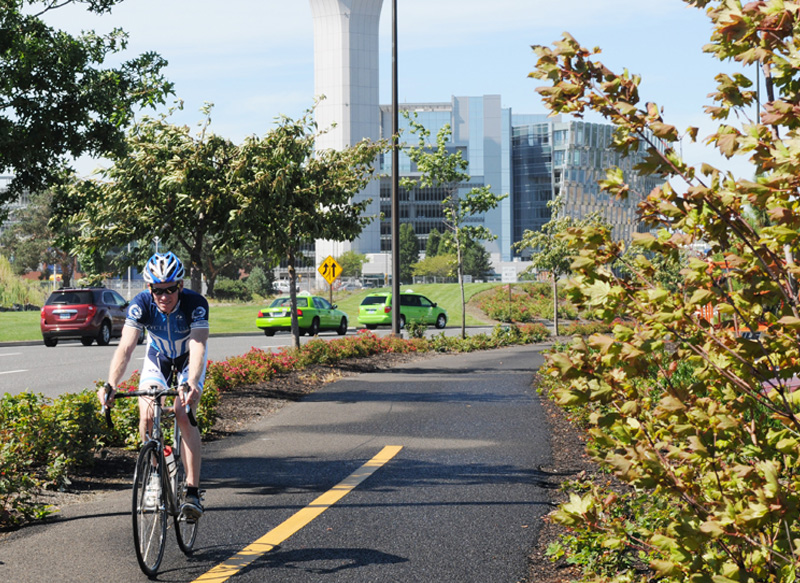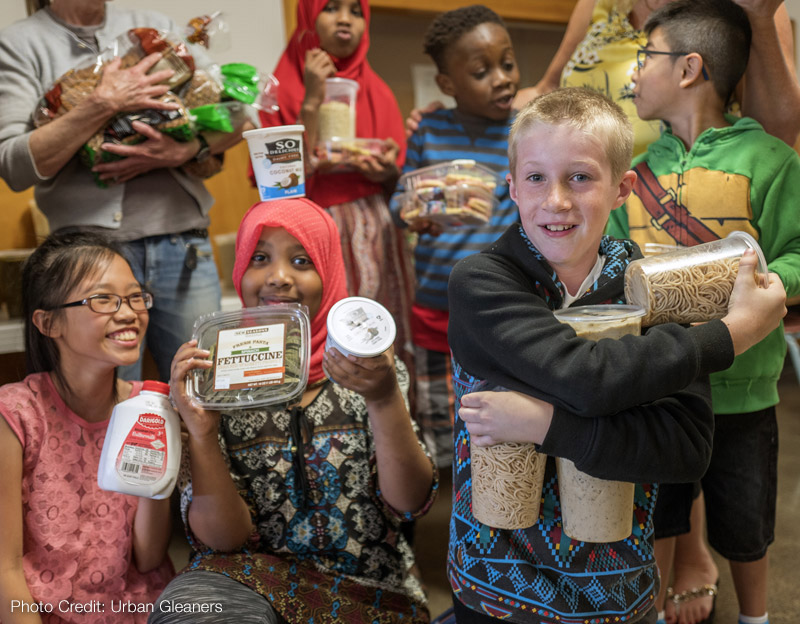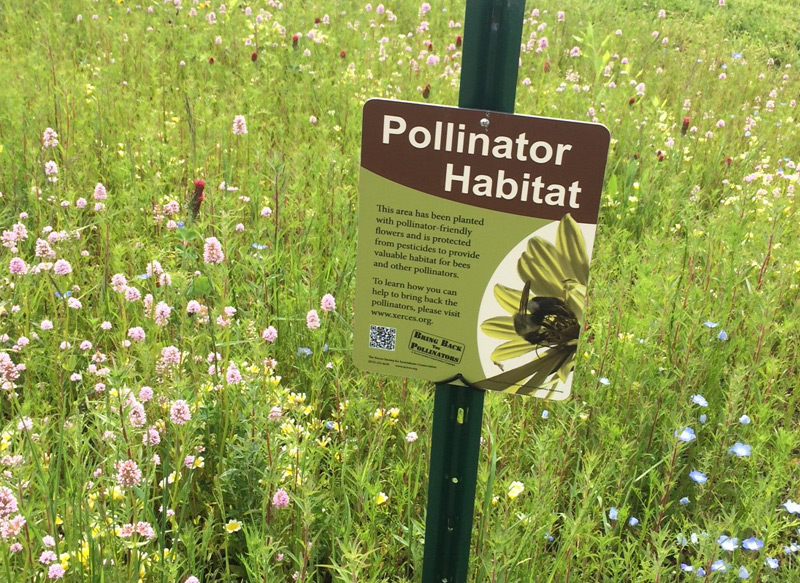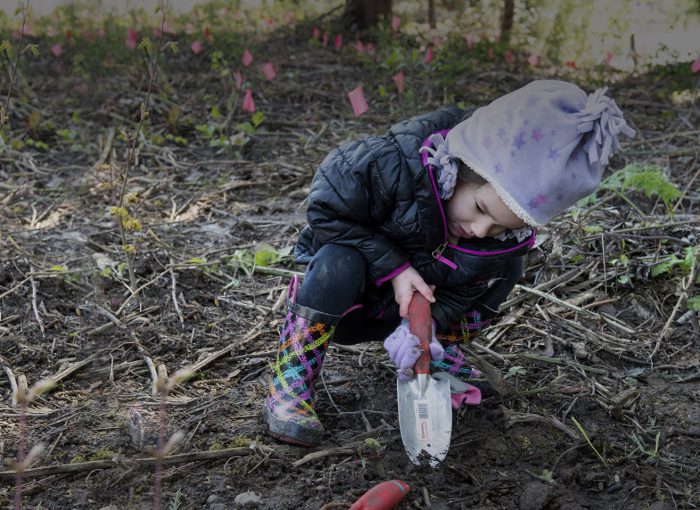While many Port of Portland staff members would have been spending the 50th Anniversary of Earth Day volunteering with organizations like Friends of Trees, our lives look a lot different this year. COVID-19 has altered our realities in profound ways.
As we all stay apart to slow the spread of COVID-19, we’re reminded that human health and planetary health are inextricably linked. And that a little compassion and connection – physical or virtual – can go a long way.
Though we may be physically separated, we all share the same planet. And now more than ever we must remain united in our efforts to protect the world.
For this unique Earth Day, we asked members of the Port’s Environmental team to share their tips for environmental leadership during the coronavirus pandemic. Here’s what they had to say.

Jenn Bies, Director, Environmental Operations
This abrupt change to how we live and move through the world provides a unique and invaluable opportunity to consider how you can lower your carbon footprint when things “return to normal.” Could you drive less frequently by planning less frequent trips to the grocery store or by working remotely one day per week? Changes in behavior are always a challenge to implement, so maintaining some of the current COVID-related protocols could easily enable each of us to make a difference in mitigating the impacts of climate change.


David Breen, Manager, Environmental Air Quality and Energy
Minimize wood burning. A preliminary study by Harvard University links exposure to fine particulates with increased COVID-19 mortality. The findings are particularly important for disadvantaged communities, which tend to be exposed to higher levels of air pollution. Wood smoke accounts for roughly half of the fine particulate matter in our region.

Shannon Tocchini, Environmental Management System, Compliance & Performance
Think carefully about food, meal planning and minimizing food waste. What needs to be used today and converted into a yummy meal? How long can we stretch between visits to the store/grocery delivery? What makes great leftovers the next day? What leftovers can be integrated into something completely new and yummy? Share recipes and foodie ideas among friends electronically. Support our favorite, friendly, small and independent restaurants trying to make it through this by ordering or financially contributing to their efforts to provide great eats to front-line workers – and share these giving opportunities with our friends. Try not to gain the quarantine-19 in our home-bound foodie adventures. The efficiencies that come from thinking about these questions can also contribute to reducing your carbon footprint.


Jamey Berg, Sr. Environmental Planner, Capital Projects
The pandemic reminds us that a coordinated response is needed to address problems of this scale. From a human-specific perspective, climate change has the potential to inflict similar loss of life, lifestyle and livelihood. As we experience COVID-19, now may be the time when people can begin to understand the potential impact of these cumulative losses on our society. As with the pandemic, time matters and we all have a part to play. On the 50th anniversary of Earth Day, I’m hopeful that we all start to feel the urgency and understand the need to make the lifestyle changes within our grasp, as we work together to limit the impacts of climate change.

Maureen Minister, Environmental Conservation Manager
Focus on what you can control. With the stay at home order in place, many of us are spending more time in our yards and patios. Think about the small things you can do with your outdoor space to enhance habitat for native species. Even a small outdoor space, like a balcony container garden, can provide habitat for pollinators and birds. Select native species to plant, remove noxious weeds, limit the use of chemicals, and enjoy observing the species that are attracted to your yard. There are many great local online resources to help with species selection and identification.


Nick Atwell, Senior Natural Resources & Wildlife Manager
The beautiful spring in the PNW is a great reminder of why we all need to manage our environmental impacts and reduce them where possible. Just like the COVID-19 message, we are all in this together. Spending more time outside during the stay at home order is excellent motivation in reducing your footprint.

Dorothy Sperry, Environmental Manager, Water Resources and Waste Management
You can stay safe and healthy and still be friendly to the environment. Frequent and thorough hand washing with good ol’ soap and water is the best way to protect against viruses. And if that’s not available, use an alcohol-based hand sanitizer. If you can’t find one, here is one you can make at home:
How to Make a 60 – 70% Alcohol Hand Sanitizer
* 2 parts 99% isopropyl rubbing alcohol (not 70% rubbing alcohol)
* 1 part aloe vera gel
* 1-2 drops essential oil (optional)
* Mix ingredients above
* Add to clean bottle
On the 50th anniversary of Earth Day, the world is still coming together online to remind us of what’s at stake for the planet and its people.





